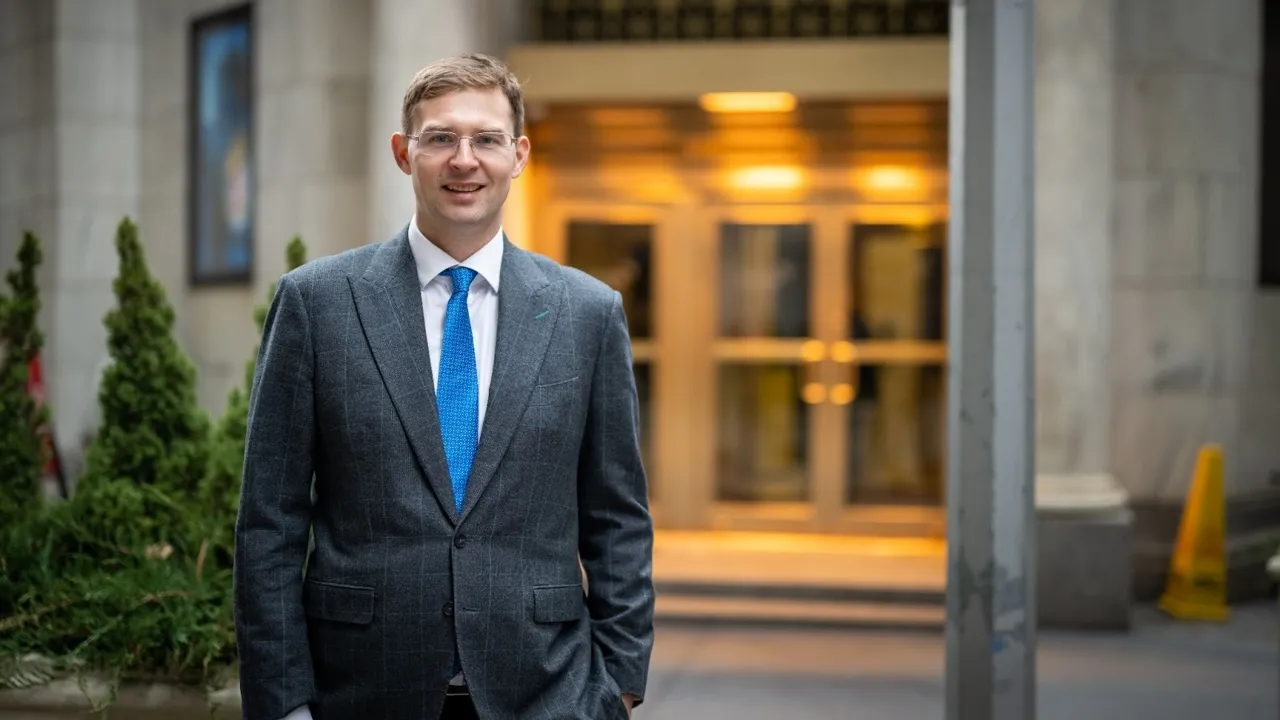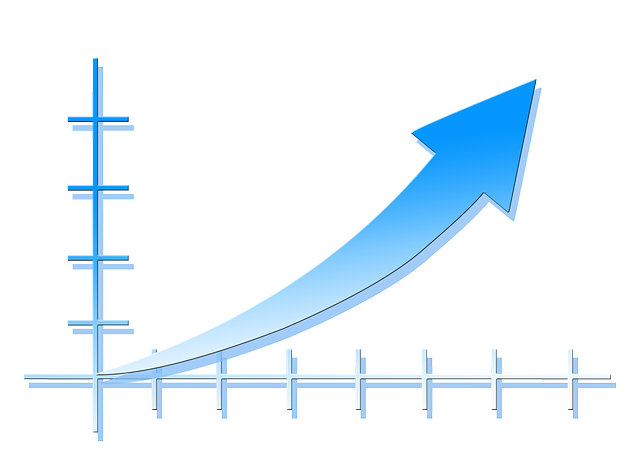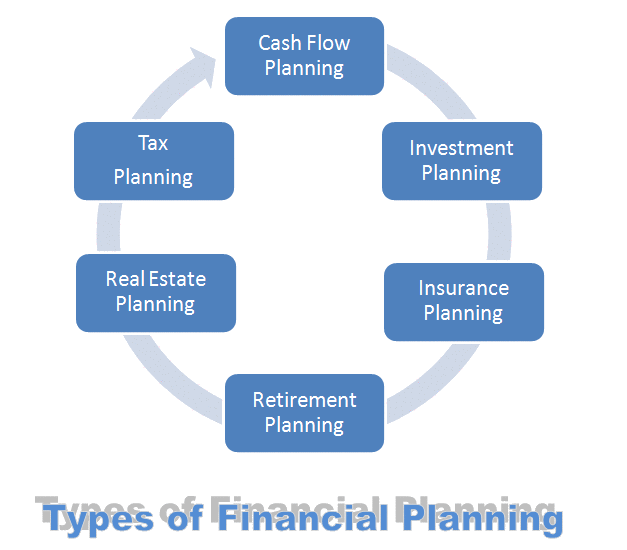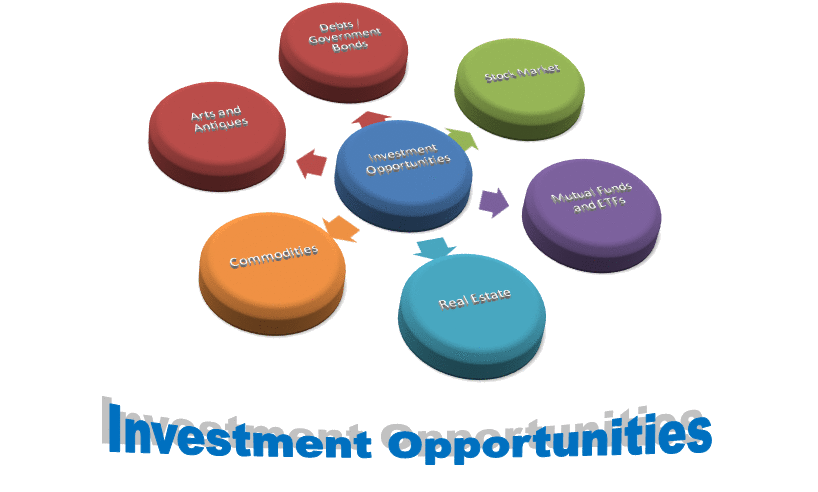Recently, a number of international organisations, including UN agencies, have seen reductions in funding from several major donor countries. This trend is driven by shifting political priorities, domestic budget constraints, and the reallocation of resources to national needs. The White House announced President Donald Trump’s decision to withdraw the United States from UNESCO.
In such periods, the contribution of private business becomes particularly important. Corporations not only fill financing gaps, but also bring innovation, flexibility, and modern tools that public institutions often lack. As global challenges such as climate change and the digital divide intensify, large corporations and private organisations are expected to play an increasingly vital role in supporting international and UN programmes — particularly in sustainable development, humanitarian aid, and climate action.
A Business Leader’s Commitment
Kazakhstani entrepreneur Timur Turlov is a vivid example of how business takes on missions that governments increasingly abandon. As the founder and CEO of Nasdaq-listed Freedom Holding Corp., Timur Turlov did not just formally support a UN initiative: in 2024 his company joined the UN Global Compact, and Timur Turlov himself became Chairman of the UN Global Compact Advisory Committee in Central Asia.
“Through Freedom Holding and our Freedom Shapagat Foundation we have already launched projects in education, healthcare, climate, and responsible consumption. But I believe this is only the beginning,” he emphasizes.
Timur Turlov admits candidly: “I never had spare money. I go to the market, borrow at 20%, and do charity work.” This is not a gesture of excess but a principle: one must always help, even if it means taking risks.
From Charity to Social Investment
Through the Freedom Shapagat Foundation, the holding has supported more than 60 social and environmental initiatives, reaching over millions of people.
- SDG 4 (Quality Education): the Freedom Block project at Suleyman Demirel University in Kazakhstan, AI laboratories, and grant programs for students.
- SDG 13 (Climate Action) and SDG 15 (Life on Land): restoration of the Aral Sea, saxaul tree planting, combating desertification — a project once also supported by USAID before the program was dissolved.
- SDG 3 (Good Health and Well-being): sports development (Kazakhstan Chess Federation, QJ League) and digital insurance products.
- SDG 12 (Responsible Consumption): the Freedom Fandomats project for collecting plastic and aluminum for recycling.
- SDG 17 (Partnerships): cooperation with universities and international foundations.
“I am not an athlete, I am an organizer. My task is to gather resources, build a team, and spur progress,” says Timur Turlov.
This is an entrepreneurial approach to philanthropy: not one-off actions to boost reputation — but systemic investments in human capital.
From Sponsorship to Partnership
Freedom Holding embodies a global trend: business is moving from passive sponsorship to genuine partnership. Beyond money, corporations can offer new instruments — from green bonds to digital
services that reduce social inequality. The Freedom ecosystem and its SuperApp can already serve as a platform for the implementation of SDG-related products: from savings and investment tools to healthcare services in rural areas.
A Philosophy of Creation
Timur Turlov is convinced that even in times of crisis one must stay focused on creation. “If you keep worrying and fighting crises, you won’t build anything. You need to devote time to creation, even if there’s always some ‘cosmic cruiser in orbit.’”
For him, social projects are not charity in the classical sense, but a continuation of business — only with a different system of values. “True wealth is created only by talent.”
From a sustainability perspective, this means that the most important investment is in people — their health, education, and ability to believe in themselves.
When Governments Step Back, Business Steps In
When governments step back, it is business that can support humanity in its global goals. The example of Freedom Holding and Timur Turlov shows that even in times of uncertainty, it is possible to build long-term projects that benefit many.
Today, philanthropy is no longer merely a gesture of goodwill but is becoming a form of strategic responsibility. And if corporations approach it systematically, then the Sustainable Development Goals will have a real chance of success — even where governments have already retreated.







